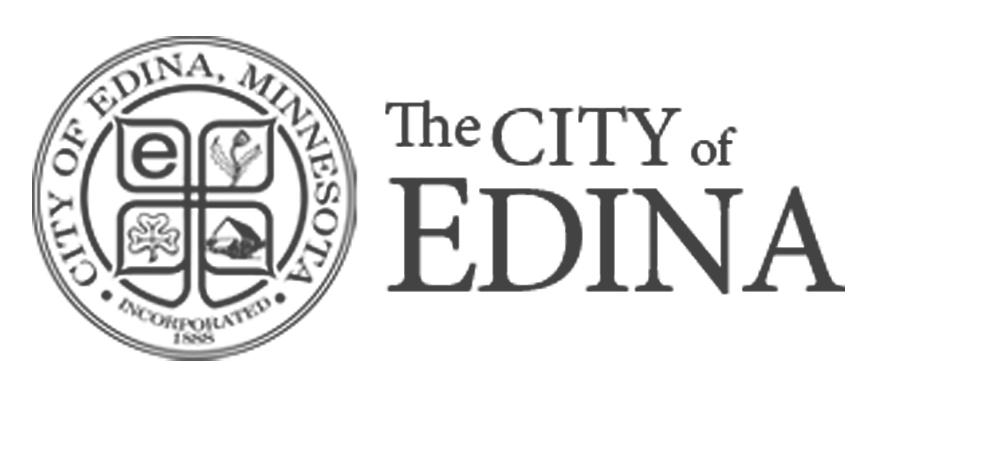If you’ve been involved in online marketing recently, I’m sure you’ve come across the terms “content marketing” and “search engine optimization” (SEO). Over the years there has been a great deal of debate over which is the most effective method for achieving your online marketing goals. Should you put your marketing time and budget into content marketing, or focus those resources on search engine optimization. Would it be better to hire someone who is an expert in SEO or content marketing? My short answer is “both”.
What is the Difference?
According to the Content Marketing Institute, “content marketing is a strategic marketing approach focused on creating and distributing valuable, relevant, and consistent content to attract and retain a clearly defined audience — and, ultimately, to drive profitable customer action” (source). Content marketing focuses on attracting potential customers by offering quality content on your site.
Search engine optimization (SEO), on the other hand, “is the process of getting traffic from the “free” “organic,” “editorial” or “natural” search results on search engines” (source). Optimizing your site for search engines means formatting the content of your site in such a way that it gets indexed by search engine crawlers so it shows at a higher rank in a list of search results.
If I had to draw a distinction between the two, I would say that content marketing puts the focus on the user…creating quality content that your audience will find relevant and will want to read. Search engine optimization, on the other hand, is geared toward search engine software and involves specific technical structuring that makes your content more readiy indexed.
In the debate about whether content marketing or SEO is most effective, it’s possible to fall into the trap of thinking you have to choose one or the other. The truth is, they are not mutually exclusive. Content marketing and search engine optimization are two components of a complete approach to online marketing. They are different in their approach, but both are necessary.
Why Not Both?
Content marketing and search engine optimization are two tactics that together make up an effective online marketing strategy. They are different in their approach, but rely on each other to be successful.
Let’s say you have created some amazing content that you know your audience will be interested in and published it across multiple platforms, including sharing it on social networks. For some reason, though, search engines just aren’t picking the content up and nobody is finding it. Something seems to be missing…
Maybe you’ve built a new site that’s structured well and impeccably organized. It’s mobile-friendly and uses all the right keywords. Load times are as fast as you can get them. Everything is technically correct, but the content is sparse. Why aren’t you getting the rankings you expect?
They both go hand in hand. The best content ever published on the Internet won’t be effective if it’s not optimized so search engines can find it. The most organized, well-structured site in existence won’t gain the ranking it deserves if it doesn’t contain quality content.
Content marketing and search engine optimization don’t each exist in a vacuum. Relevant content on your site provides the medium for keyword optimization. Regularly publishing new content to your site adds pages to the structure that cause your site to be reindexed and ranked. On the flip side, optimizing your content for search increases the visibility of your site and improves your authority. Quality content will attract external links to your site as users share the content, pushing your ranking even higher.
The Bottom Line
So, in the debate between “content marketing” and “search engine optimization” the answer is “both.” Both approaches must be balanced in an effort to create a comprehensive online marketing strategy. Although the focus of each may be different, they rely on each other to be the most effective. Search engine optimization can get more eyes on your content, but that content must be relevant and useful to retain those visitors and convert them into customers. Great content will appeal to potential customers, but must be optimized in order to reach your audience.
{{cta(‘5d92e304-794b-4f4f-bdeb-8979006a3a88’)}}



